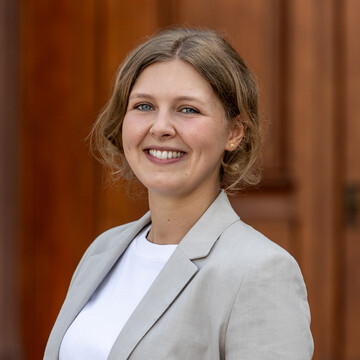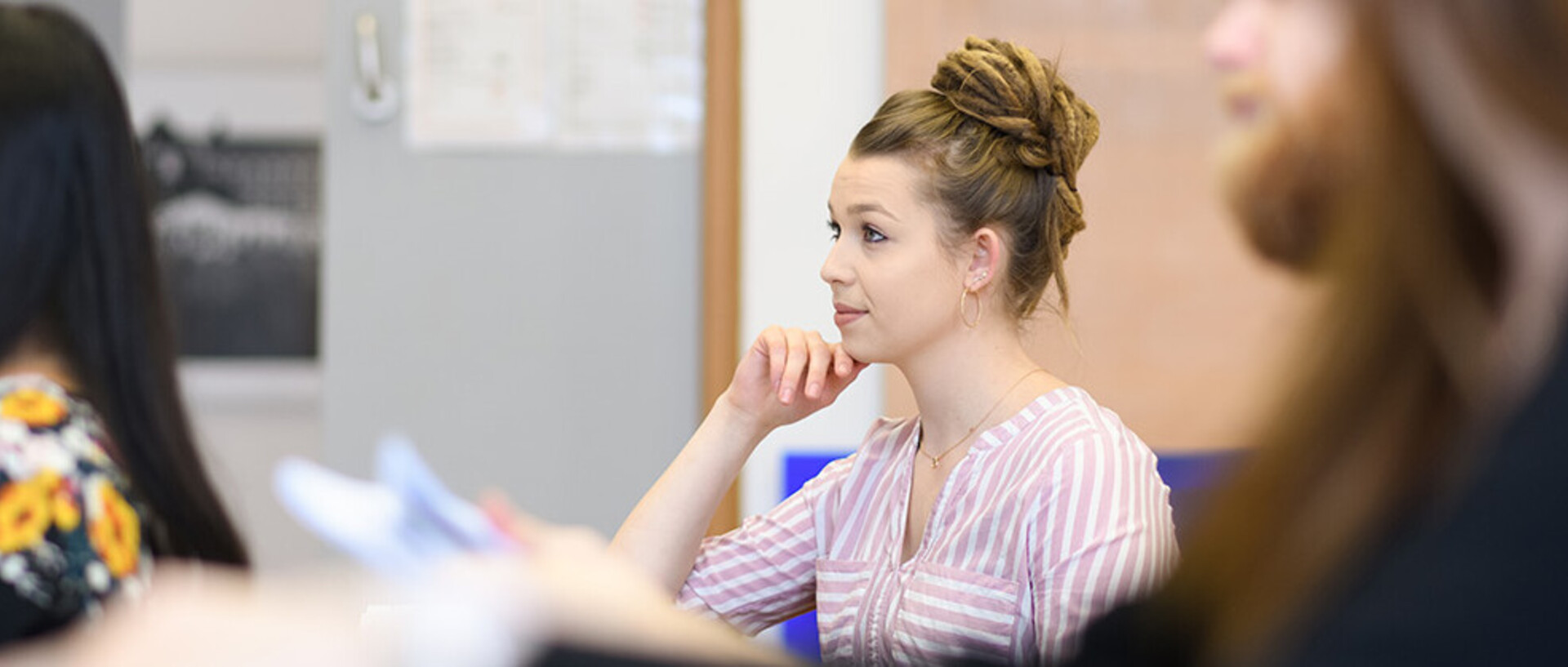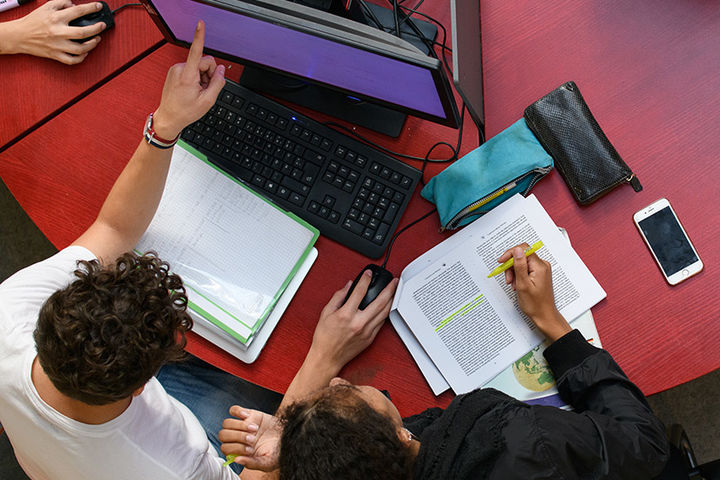Education Sciences
Interactive and engaging teaching which is in line with current challenges and questions also requires engaging empirical research. This is why the unity of research and teaching is the foundation of the University – also and in particular in Education Sciences.
Research, teaching, school practice
Hand in hand: Teaching in Education Science is based on research findings. These are created by trying to answer relevant questions.
Examples of such questions include:
- Is there a connection between the subject-specific didactic knowledge of teachers and their specialist knowledge?
- Is subject-specific knowledge in fact a prerequisite for flexibility when it comes to teaching methodology?
- Are teachers with more subject-specific knowledge better at designing classes and do their pupils learn more?
Such questions cannot be answered “at the desk” but require, in some cases, very complex empirical studies.
The studies answer all questions above with “yes”.
Current challenges in Teacher Education
Current challenges in Teacher Education are, for example, digitalization, dealing with heterogeneity, improving the teachers’ competences in terms of diagnostics and the question on how to reflect complex situations in practice in order to get better options for actions.
Researchers in Education Sciences at the University of Mannheim are trying to find answers to these and other important questions.
Practice-oriented research and teaching
Both research and teaching are practice-oriented. This means we make challenges from real life the subject of our research. At the same time, we talk about the challenges in teaching, since future teachers need to be prepared for these challenges.
Practical orientation: How does that work?
An example: We collaborate closely with local schools (Gymnasien in Mannheim). We test the pupils in the fifth and sixth grade regularly for their language proficiency. The objective, diagnostic test reveals a great heterogeneity in the pupils' language proficiency.
In relevant seminars, future teachers learn how to conduct, analyze and interpret the language-proficiency tests. The schools receive objective data on the learning development. Students learn how schools use these data and which factors are relevant for designing classes.
At the same time, we work on research questions and include students in this process as well. Such questions are, for example:
- Do the differences in performance increase or decrease over time (and why)?
- Which group (defined by performance) benefits the most (from which classes)?
- Are teachers aware of the heterogeneity? How do teachers design their classes when they know about the data from the language proficiency test?
Contact

Laura Grabarek, M.A.
Center for Teacher Education and Educational Innovation
Schloss
68161 Mannheim


